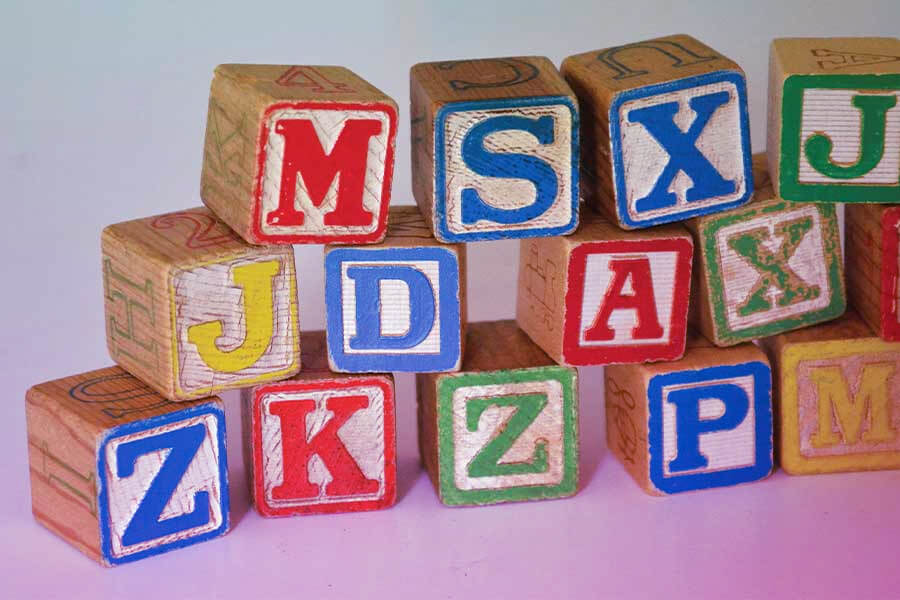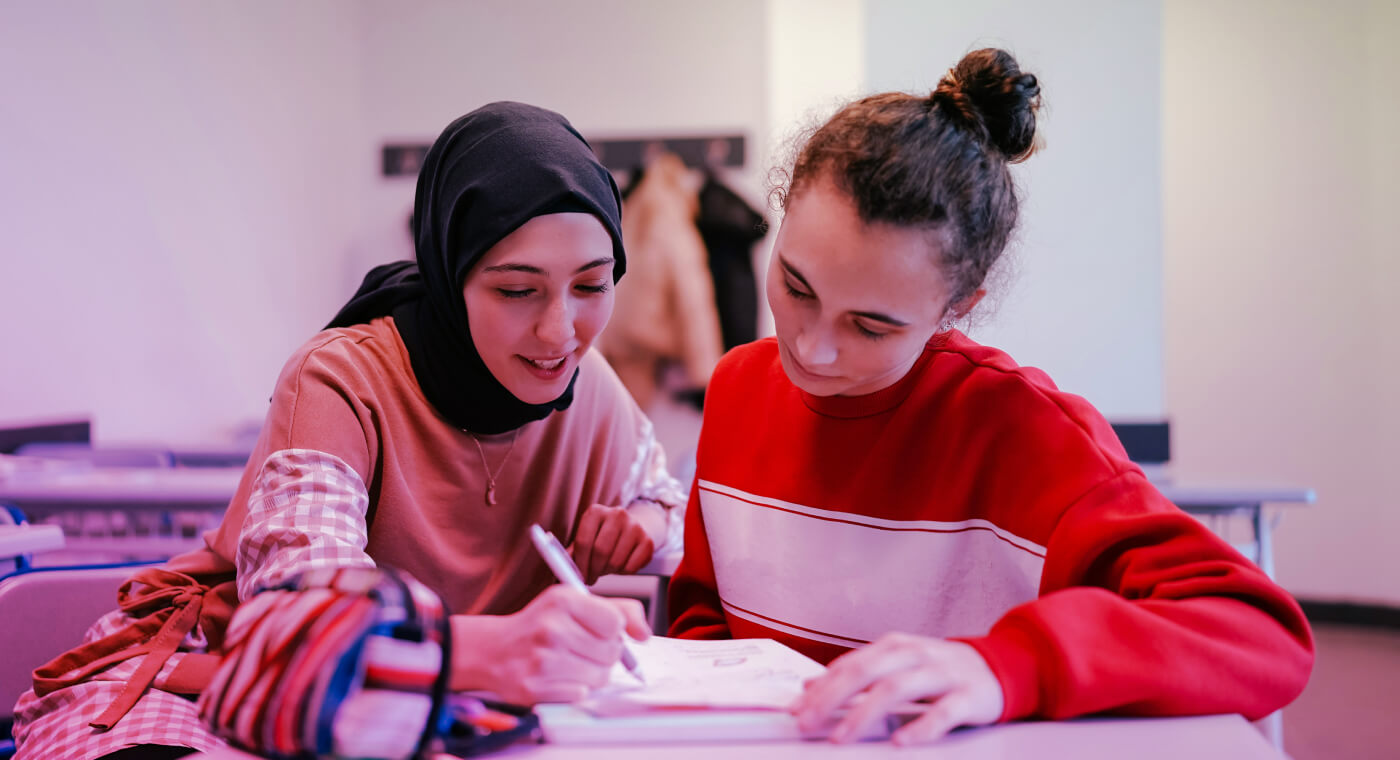Dyslexia Tutoring: Why It’s Important to Embrace Children’s Creativity

Parents of children with dyslexia will understand the unique challenges they face in learning to read, write and spell. We understand the importance of embracing the different ways dyslexic children learn and show their creativity. Teaching children with Dyslexia can be a challenge that many schools are ill-equipped to face, which is why finding the perfect dyslexia tutor for your child is the best way to help them learn and develop to their maximum potential. At Powertutors we have a selection of tutors who specialise in Dyslexia tutoring.
Below, we’ll explore the importance of incorporating creativity into tutoring children with dyslexia and how it can benefit your child’s development and overall learning experience.
What is Dyslexia
Dyslexia is a learning difficulty that affects the way the brain processes language. Children with dyslexia often struggle with decoding words, recognizing phonetic patterns, and spelling accurately. This can make traditional teaching methods incredibly tedious and frustrating for your child, often making them act out in class.
Dyslexia is not a reflection of intelligence. Many individuals with dyslexia possess exceptional creative thinking, problem-solving skills, and imagination. When teaching children with dyslexia, it’s important to play into their strengths and help them learn in ways that make sense to them.
Dyslexia Tutoring approaches
 Creativity needs to be incorporated into dyslexia tutoring. This is achieved through multisensory teaching approaches. These methods make sure to engage multiple senses, such as sight, sound, touch and movement, to draw away from standard teaching methods and reinforce learning. Dyslexia tutors can use a variety of hands-on activities, music and games to make learning more engaging, stimulating, and memorable for children with dyslexia.
Creativity needs to be incorporated into dyslexia tutoring. This is achieved through multisensory teaching approaches. These methods make sure to engage multiple senses, such as sight, sound, touch and movement, to draw away from standard teaching methods and reinforce learning. Dyslexia tutors can use a variety of hands-on activities, music and games to make learning more engaging, stimulating, and memorable for children with dyslexia.
Tutors recognising and highlighting their unique strengths helps dyslexic children develop a positive self-image and a belief in their ability to succeed academically.
Storytelling and Narrative Skills
Children with dyslexia often have rich imaginations which can make them excel in storytelling. Tutors can leverage this strength by encouraging children to share their stories, either verbally or through writing. Storytelling helps children with dyslexia develop narrative skills, enhances their vocabulary, and improves comprehension.
Artistic Expression
Using art to express themselves gives dyslexic children the opportunity to explore a new outlet for their thoughts and emotions. Tutors can incorporate drawing, painting and other forms of artistic expression into their lessons. Art activities not only enhance creativity but also improve fine motor skills, spatial awareness, and visual thinking abilities.
Individualized Instruction
Each child is unique and each dyslexic child will be affected differently, with their own strengths, challenges and creative preferences. Dyslexia tutors understand these differences and embrace individually tailored lessons. Always prioritising your child’s specific needs and interests. Creating an environment where your child can flourish.
Dyslexia tutoring is about nurturing children’s creativity and empowering them to succeed. By embracing this creativity we can tap into dyslexic children’s unique talents, enhance their self-esteem and create an enjoyable learning environment.



